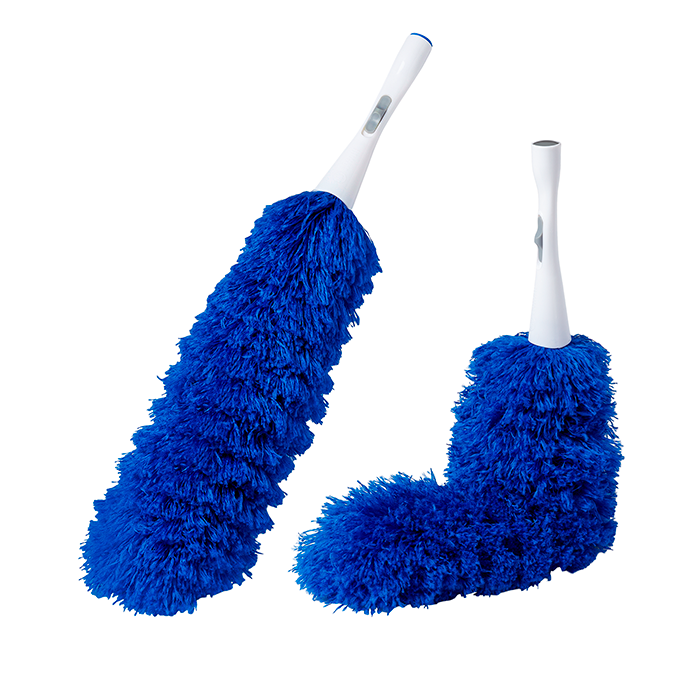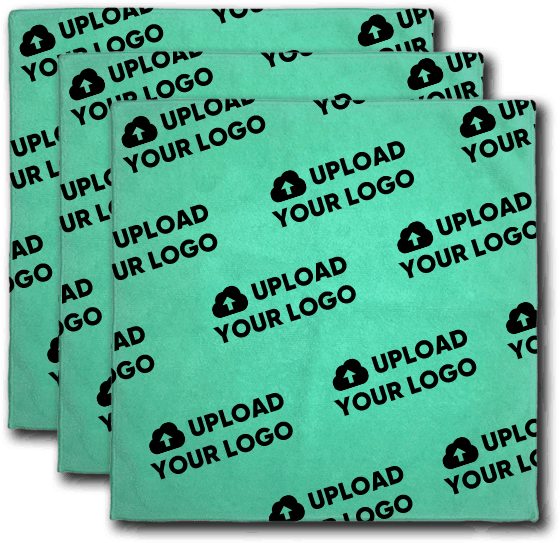2. Starting From the Back of the House
Some professional cleaners may clean according to the room type. For example, they’ll do all the bathrooms first. But to be the most efficient, it’s better to start at the back of the house, and work your way to the entryway, or wherever you’ll be exiting from.
If you don’t follow this method, you’ll be moving back and forth between rooms at different ends of the house, which can cause you to miss things. It’s also not as efficient of your time or energy lugging all of your equipment from room to room.
And this way, you’re always moving in one direction — that is, to the exit.
3. Working Left to Right, Top to Bottom
Whatever room you’re in, it’s always best to start cleaning in the far top left-hand corner from the entry point. Then working left-to-right around the room, also known to some as the Spiral Cleaning Method, tackle every surface on your way back to the door.
Cleaning this way prevents you from missing any areas. And it avoids erratic cleaning, keeping your movements methodical and structured, enabling you to move faster through a room.
Always dust first, wipe down furniture and countertops, and vacuum or dust mop, and wet mop floors as a last step.
Starting up high allows gravity to force any airborne particles to lower ground. So by the time you get to cleaning the floors, you’ll have collected any residue along the way.



















 By continuing with your order, you acknowledge and agree to the following:
By continuing with your order, you acknowledge and agree to the following: